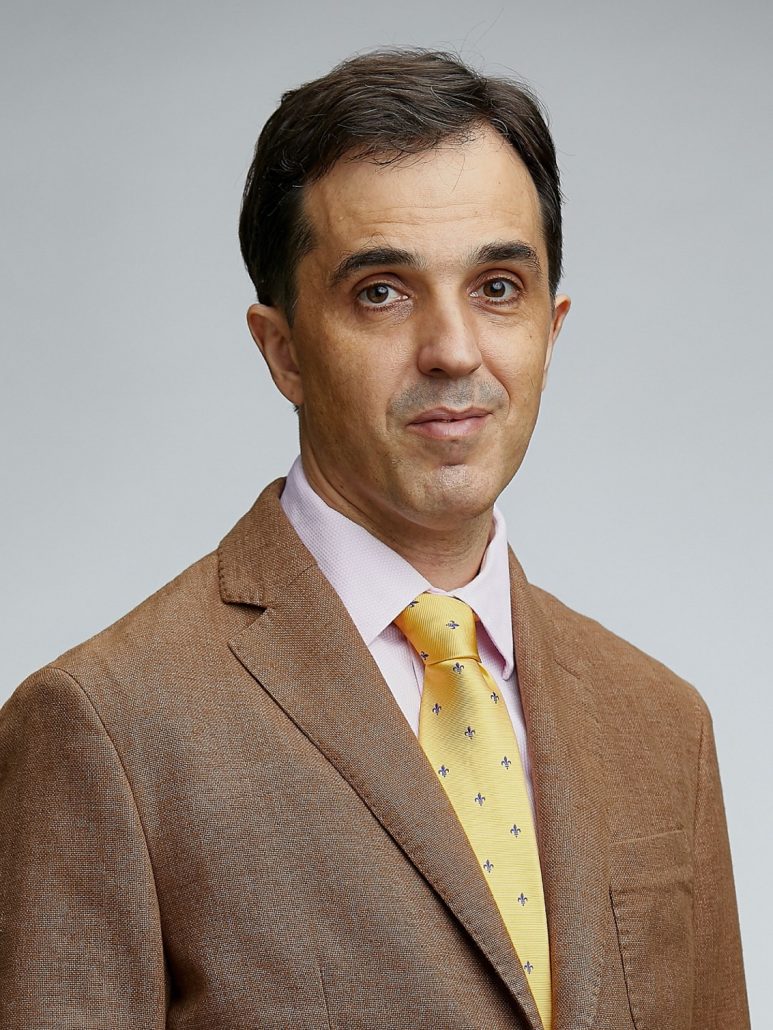In his interview with the RSP, Teemu Taira refers to his work as in some sense a response to Kevin Schilbrack’s 2013 paper, “After We Deconstruct ‘Religion’, Then What?” However, I don’t find it speaking to the concerns of Schilbrack’s paper. This, is not to question the excellence of Taira’s work, scholarship, or methodology, all of which I am deeply impressed with. I want to make that clear at the outset; my aim or critique here is not of Taira’s own work or methods but rather a specific way of understanding and using deconstruction that has emerged in the study of religion. It is the take on the deconstructive project which is at stake.
Schilbrack contrasts the deconstruction of religion he finds in Timothy Fitzgerald, and I may note principle adherents such as Russell McCutcheon, with what he sees as his own approach. He identifies agreement on three main points which I may briefly gloss as follows:
- What we call religion is created by human discourse and behaviour.
- “Religion” exists only in relation to other terms, the most important of which is “secular”.
- The separation of the religious and secular as distinct spheres is a modern phenomenon.
So far, so good. I imagine we are all agreed. This accords with Taira’s own discussion of these terms I think. Where I agree with Schilbrack, against many deconstructivists, is that we then have to continue speaking of religion because rather than being merely an empty signifier, or a phantasm, those phenomena we have called and termed religious, or as religions, have a reality in the world.
Taira argues that he is following Schilbrack by showing the “What Next.” As such, he gives his case studies of traditions which people have termed religion and showing the social, political, and power issues involved in claiming or employing the term. However, Taira is very clear that he never says what the term “religion” is. It is merely his object of study, or, rather, religion itself is not his object of study (how can it be when it has no real existence); it is other people’s use of the term that he studies and analyses. At several points in the interview, Taira is clear in stating that he makes no claim as to whether anything is or is not a religion, nor does he try and give any definition to the term. It remains for him an empty signifier which others fill.
It is on the refusal to try and define or even to engage in discourse about how the term may be used that I see the problem arising. Notably, my problem is not with deconstructionism itself, nor do I want to argue here what “properly” follows Derrida. I am critiquing a particular tradition, or employment of, deconstruction which is the fashionable modus operandi of many scholars in the study of religion. So why do I see it as a problem? I will break this down into four points, though each is related to the others.
First, as Schilbrack notes it becomes “an end in itself.” It says: “Look, this is what other people think religion is, but I know better: there is no religion. So, now I can uncover their power games.” Practiced simply as a tool, it fails to engage the social reality that actually exists.
Second, such deconstruction actually shows nothing new. Whether or not we had deconstructed religion we can see that there are social, financial, legal, etc. benefits to being a religion. We could also see that people claim the term or deny it (to others) to give advantage or prestige.
Third, often deconstructing “religion” becomes facile or sacred. Facile because it is common for deconstructivists to argue that we cannot separate religion from culture, however, “culture” itself is an equally problematic term of contemporary Western provenance.(Or else we are told “religion” can be analysed by relation to other deconstructable terms like law, politics, etc.); Sacred, because “religion” is set apart as uniquely problematic, constructed, and “false;” it can be analysed by reference to, or seen as a part of, politics, law, culture but only “religion” is such an empty signifier that it can have no analytic validity. (How would we show this?)
Fourth, even if we show that many terms such as politics, law, culture, society, are also constructed (generally in relation to each other) we still get no further if we simply say all words are empty signifiers (which in one sense, of course, they are). We stay with the first problem that it is a meaningless deconstruction. Once done we simply ask: “So what?”. I will suggest the reasons for this are twofold: firstly, theoretical and linguistic; secondly, political.
Theory: scholars who deconstruct without re-construction undertake a feeble version of deconstruction that undermines itself (often without realising it). Every word has a history and baggage that comes with it. If we play the deconstructivist game of showing that religion, culture, politics, theory, method, society, medicine, science and every term is unstable then simply we are left unable to speak. Indeed, the words which we used to destabilise others are themselves unstable. It is meaningless unless we must say how and why we will choose to use certain words, and reflexively acknowledge our place within a lineage of speaking (as noted, some scholars try and get round this by treating “religion” as its own sacred category).
Politics: many scholars of religion argue that to be part of a “critical”, or “properly scholarly”, tradition they must avoid any advocacy, simply being analysts of other people’s discourse. However, as Taira notes: “Analysing discourse is itself a discursive practice.” To claim, therefore, simply to be analysing other people’s discourse and never to define the term yourself is an impossible act. The discourse on the term creates discourse. Indeed, by refusing to say how it may be used, the scholar is being a political animal. To play on a well-known adage: “To refuse to speak is itself a political act;” “to refuse to be an advocate, is to support the status quo;” “to refuse to define, is itself a form of definition.” Schilbrack observes that saying the borders of nation states are arbitrary and imagined human constructs when people are fighting and dying over them is at best unhelpful. Pretending to be objective analysts of other people’s discourse and the borders of what is and is not religion is equally unhelpful. The modern scholar of religion risks becoming an academic laughing stock not because he uses an outdated and outmoded concept of “religion” but by refusing to admit that it really does exist as a social reality and to engage in discussion about how to use the term. It is bad deconstruction, bad scholarship, and bad politics.
References
Kevin Schilbrack, 2013, “After We Deconstruct ‘Religion’, Then What?: A Case for Critical Realism”, Method and Theory in the Study of Religion 25: 1, pp. 107-12.



